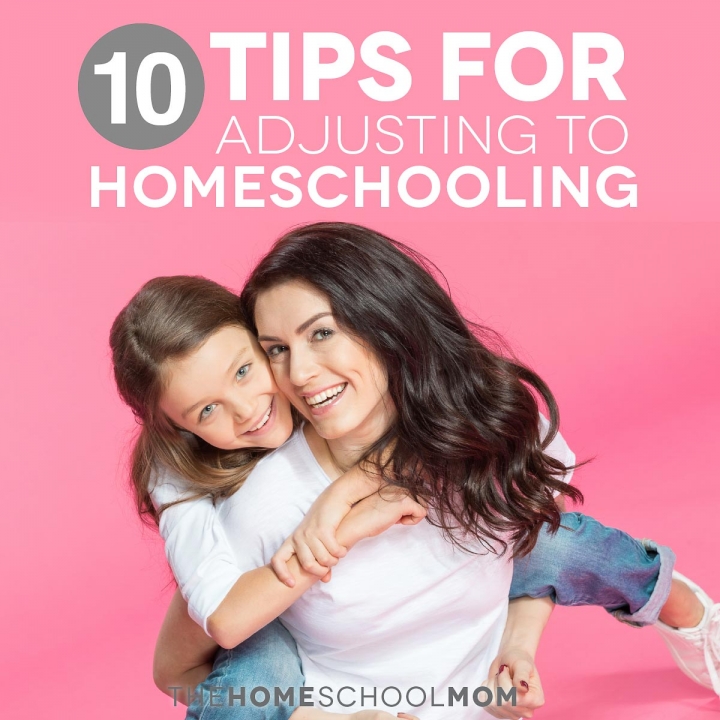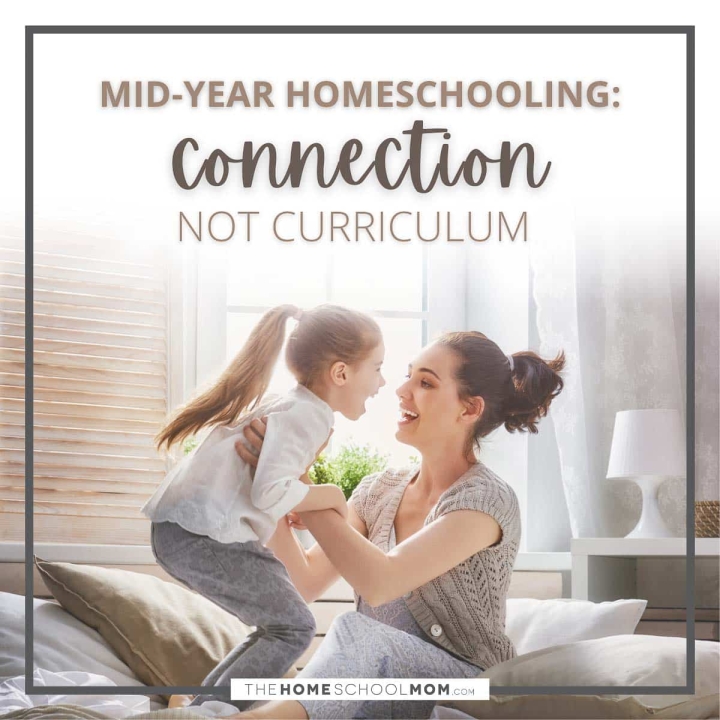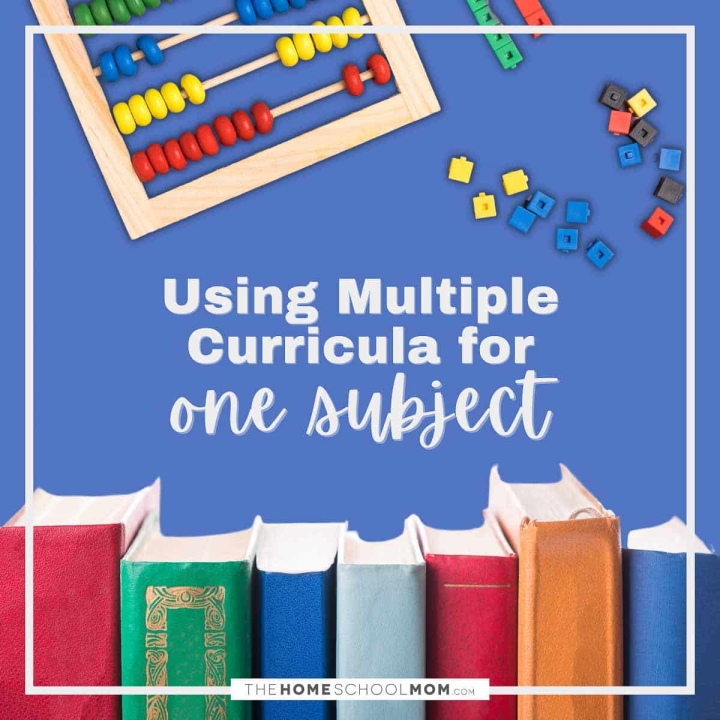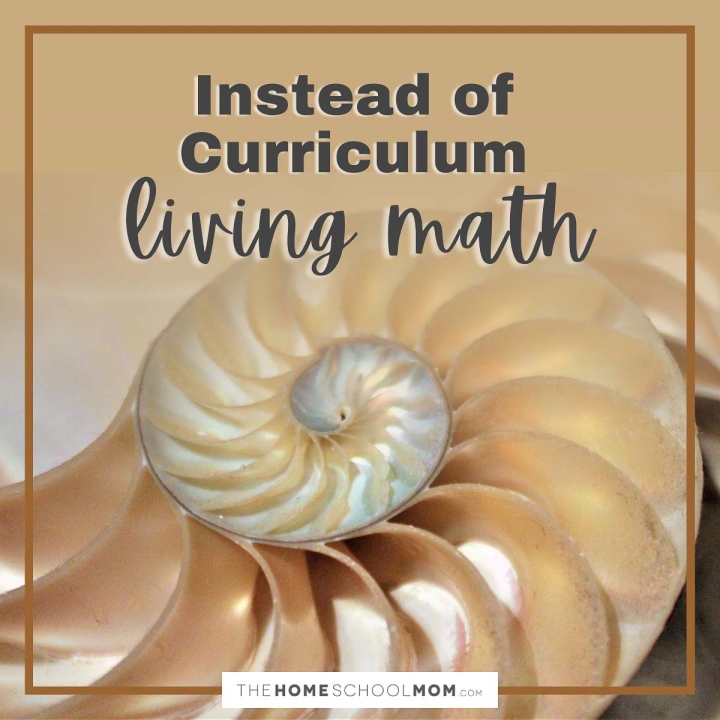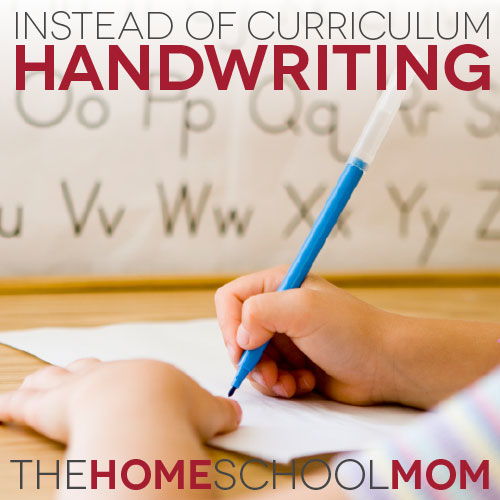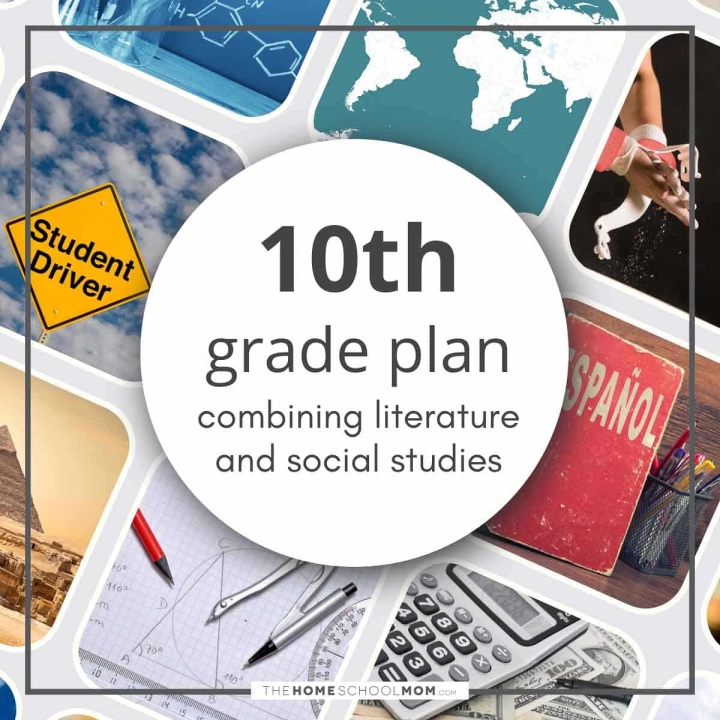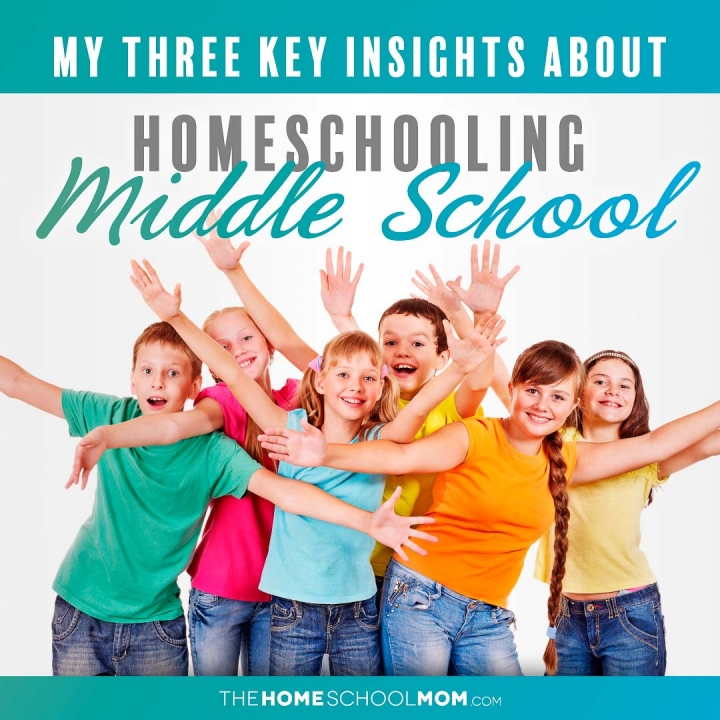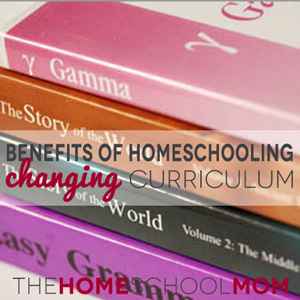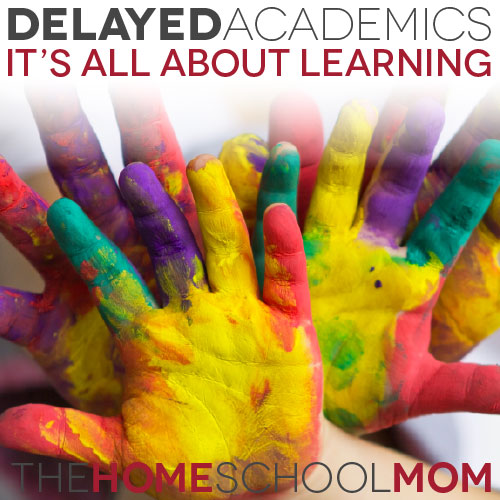Curriculum
-
Boost Your Homeschool Budget With These Common Yard Sale Finds
-
English Composition for High School
-
Kindergarten Homeschool Curriculum: A Complete Guide
-
Instead of Curriculum
-
What Curriculum Should I Use For My 4 Year Old?
-
Ivy Kids Kits Review
-
How We Homeschool 10th Grade: Outsourcing, Interest-Led, and Box-Checking
-
6 Important Topics to Round Out Your Homeschool Schedule
-
10 Tips for Adjusting to Homeschooling or a New Curriculum
-
What to Remember When Curriculum Doesn't Work
-
Mid-Year Homeschooling: Connection, Not Curriculum
-
Using Multiple Curricula for One Subject
-
The School Rules You Need to Break
-
Is Your Curriculum Accredited? Does It Matter?
-
Instead of Curriculum: Living Math
-
Instead of Curriculum: The Great Courses
-
Instead of Curriculum: Handwriting Practice
-
Our Interest-Led Middle School Homeschool
-
Contextual Learning: Homeschooling Through Fashion
-
High School Homeschooling: Our 10th Grade Plan
-
The Magic, Mayhem, and Mostly Awesomeness of Middle School Homeschooling
-
Benefits of Homeschooling: Changing Curriculum, Again
-
Delayed Academics: It's All About Learning
-
Choosing Your History Curriculum











